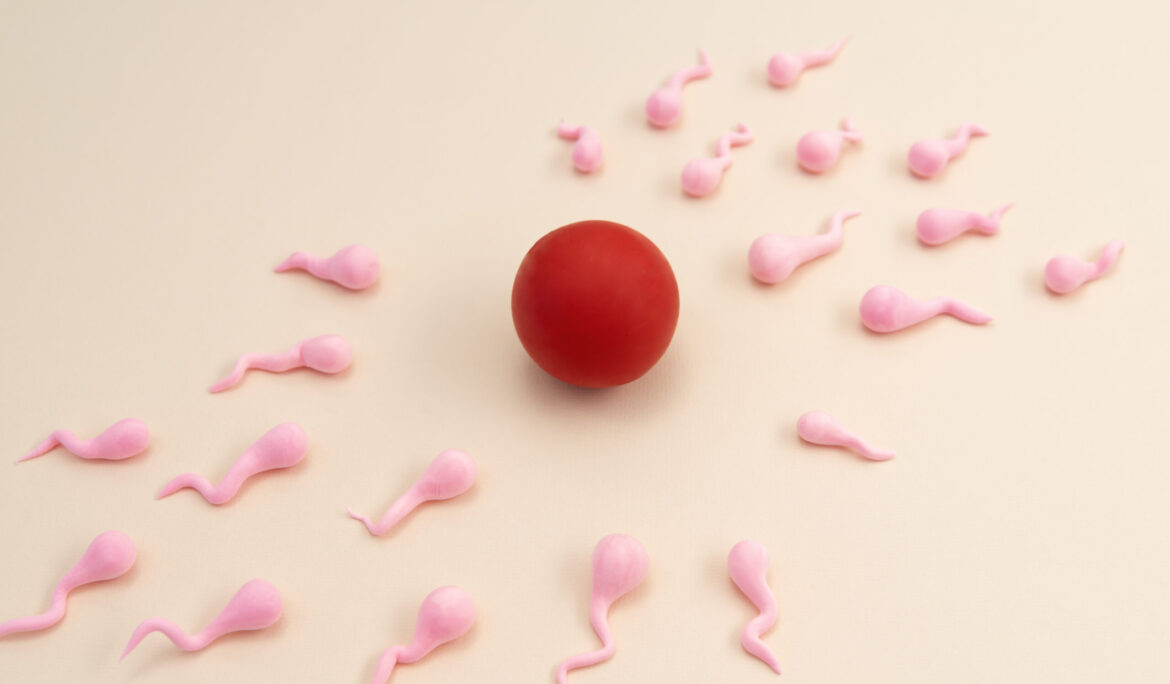How Do I Choose a Sperm Donor?


Sperm donors can be chosen based on various criteria, including physical characteristics, education, medical history, and genetic background. Many sperm banks provide detailed profiles of donors, including personal information and sometimes even childhood photos.
Understanding the Importance of Choosing the Right Donor
Selecting a sperm donor is a significant decision that can shape the future of your family. The donor’s genetic material will contribute half of your child’s DNA, so it’s important to choose a donor whose characteristics and values align with your vision for your child’s future. While the process may seem overwhelming at first, breaking it down into key considerations can help you navigate your options with confidence.
Key Factors to Consider When Choosing a Sperm Donor
Physical Characteristics
Many prospective parents begin their search by considering physical traits such as height, eye color, hair color, and complexion. These characteristics are often important for those who want their child to resemble them or fit within their family’s appearance. Sperm banks typically offer detailed profiles that include physical descriptions, allowing you to choose a donor with the traits that matter most to you.
Medical History and Genetic Background
The donor’s medical history is one of the most critical factors to evaluate. A comprehensive medical history can help you assess the potential risk of inherited conditions and ensure that the donor is free of serious genetic disorders. Sperm banks conduct rigorous screenings, including genetic testing, to ensure donors do not carry hereditary conditions that could affect the child’s health. Reviewing the donor’s medical history thoroughly can provide peace of mind and reduce the likelihood of passing on genetic issues.
Educational and Personal Background
Beyond physical and medical characteristics, many prospective parents are interested in the donor’s educational background, career achievements, hobbies, and personal interests. These traits may be important if you value intellectual or artistic abilities and wish for your child to have a similar disposition. Donor profiles often include essays, interviews, and personal statements that provide insight into the donor’s personality, values, and life experiences.
Ethnicity and Cultural Background
For some families, matching the donor’s ethnicity and cultural background to their own is a priority. This can be important for maintaining cultural traditions, ensuring a sense of identity, and addressing any potential societal or familial expectations. Many sperm banks allow you to search for donors based on ethnicity, religion, and cultural background, helping you find a donor whose heritage aligns with yours.
Donor Anonymity vs. Open Donation
Another important consideration is whether you want an anonymous donor or an open donor. Anonymous donors remain unidentified, with no contact between the donor and the recipient family. In contrast, open donors agree to allow the child to contact them once they reach a certain age, typically 18. Deciding between an anonymous or open donor depends on your preferences for future contact and the level of information you want your child to have about their genetic origins.
Donor Availability and Future Siblings
If you plan to have more than one child using the same donor, it’s important to consider the availability of the donor’s sperm for future use. Some sperm banks allow you to reserve additional vials from the same donor for future pregnancies, ensuring that your children can be full genetic siblings. Checking the donor’s availability and understanding the sperm bank’s policies on reserving vials can help you plan for the future.
Reviewing Donor Profiles and Making Your Decision
Once you have identified the key characteristics and factors that are important to you, the next step is to review donor profiles. Most sperm banks provide extensive profiles that include physical descriptions, medical histories, educational background, personal essays, and sometimes even childhood photos or audio interviews. Take the time to review these profiles carefully, and consider consulting with a fertility specialist or counselor to help you navigate the decision-making process.
Conclusion
Choosing a sperm donor is a deeply personal and significant decision that involves careful consideration of various factors. By focusing on physical characteristics, medical history, personal background, and donor availability, you can select a donor who aligns with your family’s needs and values. Whether you prioritize resemblance, health, cultural background, or the possibility of future contact, understanding your options and taking the time to make an informed choice will help you feel confident in your decision.



